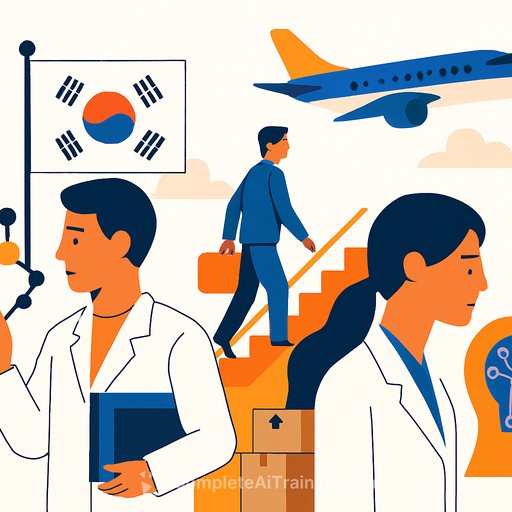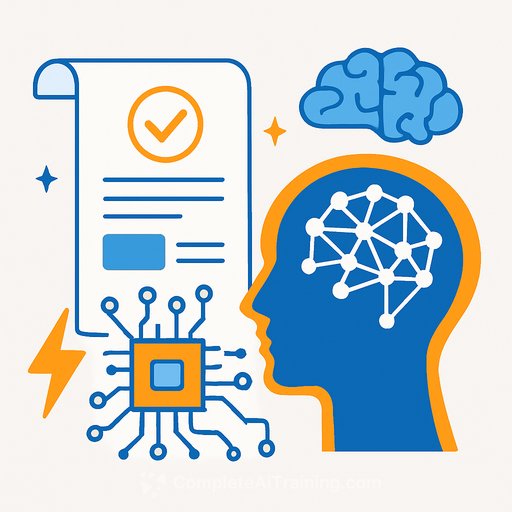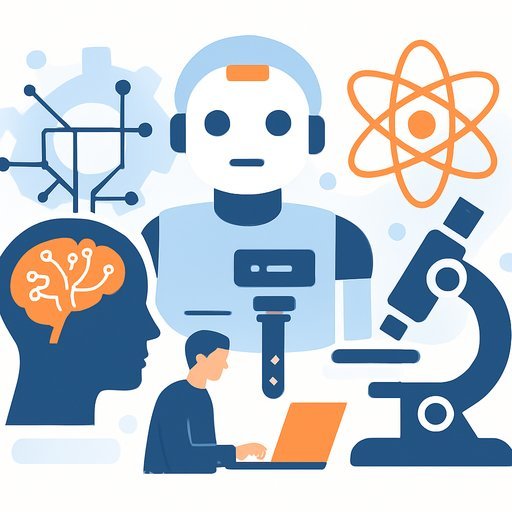South Korea Tackles Science and AI Talent Drain with New Measures
South Korea faces a growing challenge: the loss of scientific and technological talent, especially in artificial intelligence (AI). This talent outflow is occurring at a rate higher than many comparable advanced countries, putting the country’s innovation ecosystem at risk.
President Lee Jae-myung addressed this issue during a Cabinet meeting in July, urging the Ministry of Science and ICT (MSIT) and other agencies to develop solutions. A public-private task force was established to identify effective countermeasures and report back on stemming the exodus of researchers heading overseas.
Task Force's Commitment to Retaining Talent
The task force held its first meeting on August 12, co-chaired by Samsung Electronics senior advisor Kyeong Gye-hyun and MSIT first vice-minister Koo Hyuk-chae. Koo acknowledged the urgency: many researchers are actively considering offers from overseas universities, companies, and institutes.
He emphasized the need to reassure both domestic and international scientists that South Korea offers a future for science and engineering careers. MSIT plans to collaborate closely with government bodies and private organizations to implement effective policies that retain talent.
R&D Budget Reversal to Support Science
President Lee criticized the 2024 R&D budget cuts under the previous administration, which led to young researchers losing lab positions and moving abroad. The government’s 2026 budget proposes a record KRW35.3 trillion (US$25 billion) for R&D, a 19.3% increase reversing prior cuts.
Despite this increase, experts say the brain drain problem predates the 2024 budget and reflects deeper structural issues in South Korea’s research environment.
Exodus from Leading Universities
Between 2021 and 2025, 56 professors from Seoul National University (SNU), roughly 2% of its faculty, moved to universities in the US, Canada, Hong Kong, Singapore, and other countries. Additionally, 18 faculty members from top science and technology institutes like KAIST and GIST took positions overseas.
The task force aims to finalize recommendations soon that focus on both retaining homegrown talent and attracting top international researchers. MSIT recently announced new funding under the Sejong Science Fellowships to encourage the return of Korean scientists abroad and support incoming foreign talent.
Top Professors Receive Attractive Overseas Offers
A survey of 200 members of the Korean Academy of Science and Technology showed 61.5% received foreign offers in the last five years, mostly from China (82.9%) and the US (26.8%). Many are seriously considering or have accepted these opportunities.
One quantum physics professor noted frequent recruitment attempts by China, which offers salaries and research funding multiple times higher than South Korea’s current packages.
Some scientists have been recruited under China's Thousand Talents programme, which provides substantial financial incentives. A recent court case revealed a South Korean professor jailed for technology leaks had received over KRW875 million (US$635,500) from China over five years.
US Remains a Major Destination
Data shows 5,847 South Koreans received US EB1 or EB2 work visas in 2024, mainly for high-skilled science and technology roles. These visas offer pathways to permanent residency, making the US a highly attractive destination for Korean researchers and their families.
South Korea’s AI Talent Outflow: A Growing Concern
The Korea Chamber of Commerce and Industry (KCCI) reported that South Korea had a net AI talent outflow rate of -0.36 per 10,000 people in 2024, ranking 35th out of 38 OECD countries. This contrasts sharply with countries like Luxembourg (+8.92), Germany (+2.13), and the US (+1.07), which attract AI experts.
Several factors drive this trend:
- Seniority-based pay systems that limit advancement
- Short-term, performance-focused evaluations
- Insufficient research funding and infrastructure
- Lack of collaborative environments and professional networks
- Reduced autonomy and creativity in research
- The perception that overseas positions offer better rewards and prestige
KCCI research highlights that this talent loss weakens industry, academia, and research institutes, raising costs and reducing innovation capacity. The most capable researchers are often the ones leaving, deepening the problem.
Universities Move Toward Performance-Based Pay
Seoul National University is considering replacing its seniority-based pay system with a performance-based model, linking salaries to research output and teaching quality. This reform, if approved, would mark the first significant change since SNU became a national university corporation in 2011.
New Visa Policies to Attract Foreign Experts
South Korea introduced the K-Tech Pass program in July, offering a fast-track residence visa (F-2) for top overseas talent in advanced industries. The program includes benefits such as:
- Visa issuance within two weeks without visiting consulates
- Support in education, housing, and taxation
- Work permits for spouses
- Eligibility for permanent residency after three years (F-5 visa)
- 50% income tax reduction for up to 10 years
Eligibility requires an employment contract with a Korean high-tech company, a graduate degree from a top 100 engineering school, global work experience, and a salary at least three times the national per capita income.
These measures aim to bolster South Korea’s competitiveness in science and technology by improving retention and attracting global talent.
For those interested in advancing their AI skills and career opportunities, exploring specialized training can be a strategic move. Check out the latest AI courses to stay ahead in this competitive field.
Your membership also unlocks:






